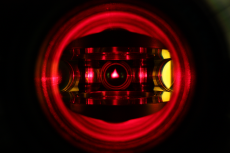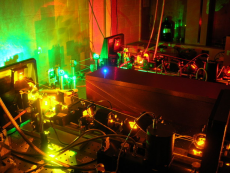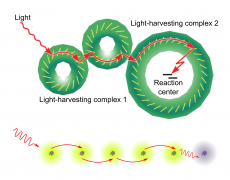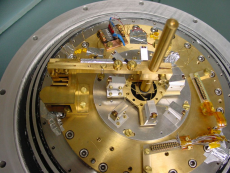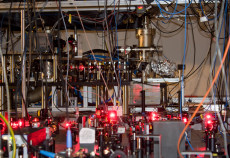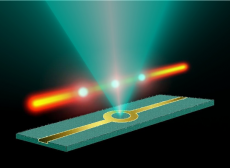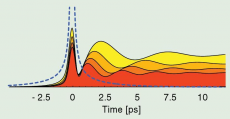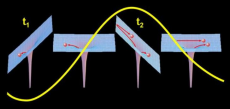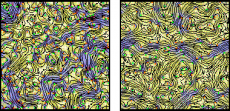CQD Special Seminar
2. October 2018 11:15
KIP, SR 2.404Quantum frequency-estimation of a damped harmonic oscillator
Patrick Binder
Univ. Tübingen
I determine the quantum Cramér-Rao bound for the precision with which the oscillator frequency, encoded in a general single-mode Gaussian state, which is time-evolved with a driven damped harmonic oscillator, can be estimated explicitly. More precisely, I present a scheme for calculating the quantum Fisher information for a measurement of the oscillator frequency. Using this scheme, I determine the quantum Fisher information, which corresponds to the lower bound of the quantum Cramér-Rao inequality, for a time-evolved single-mode Gaussian state. Based on these results, I investigate which Gaussian states provide a large quantum Fisher information, i.e. which Gaussian states are particularly suitable for estimations of frequency. Finally, I give an outlook for the quantum Fisher Information of a damped harmonic oscillator relevant for estimating the damping constant.

